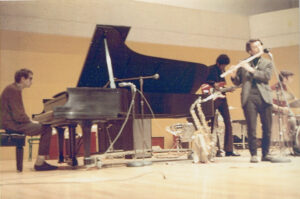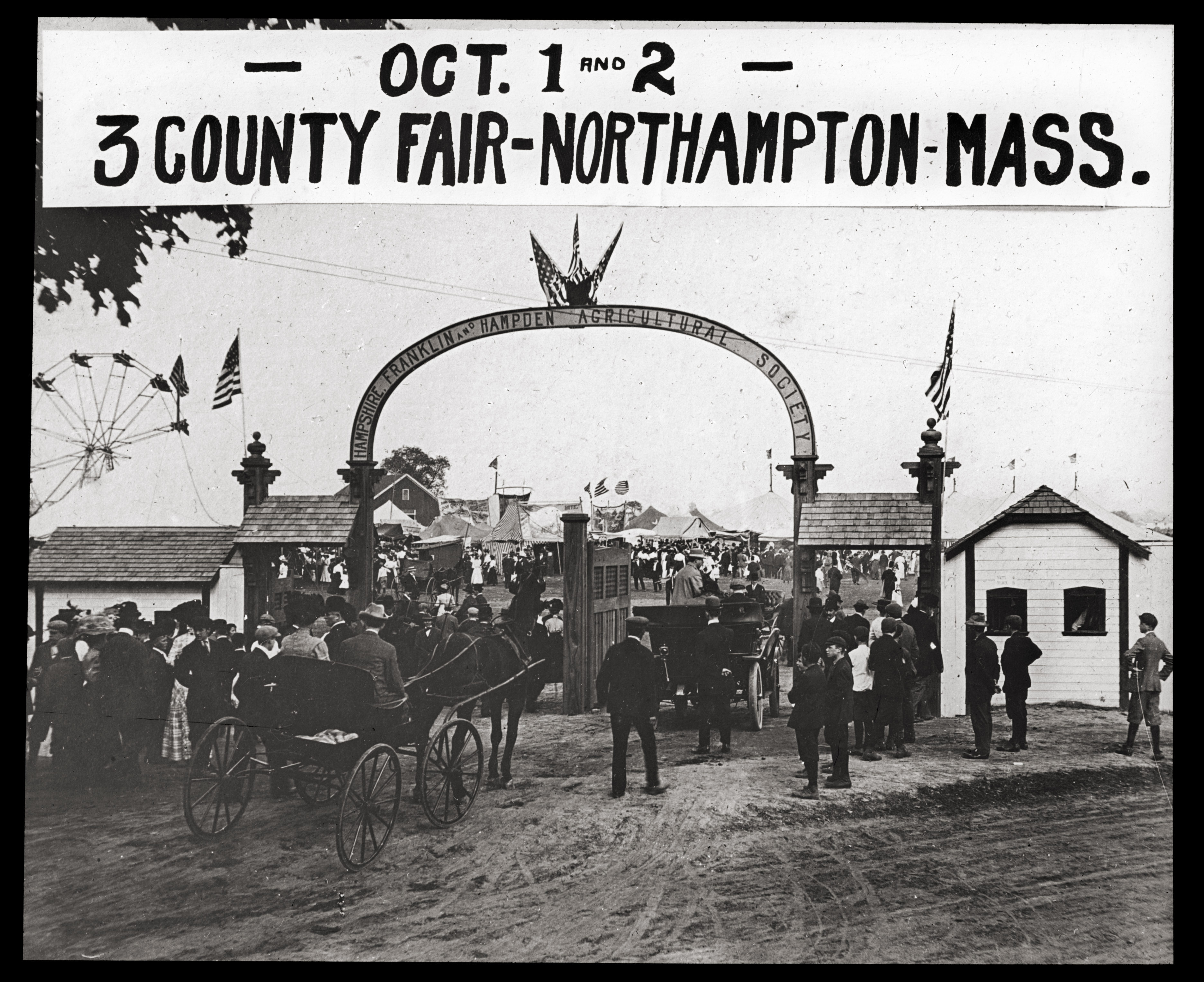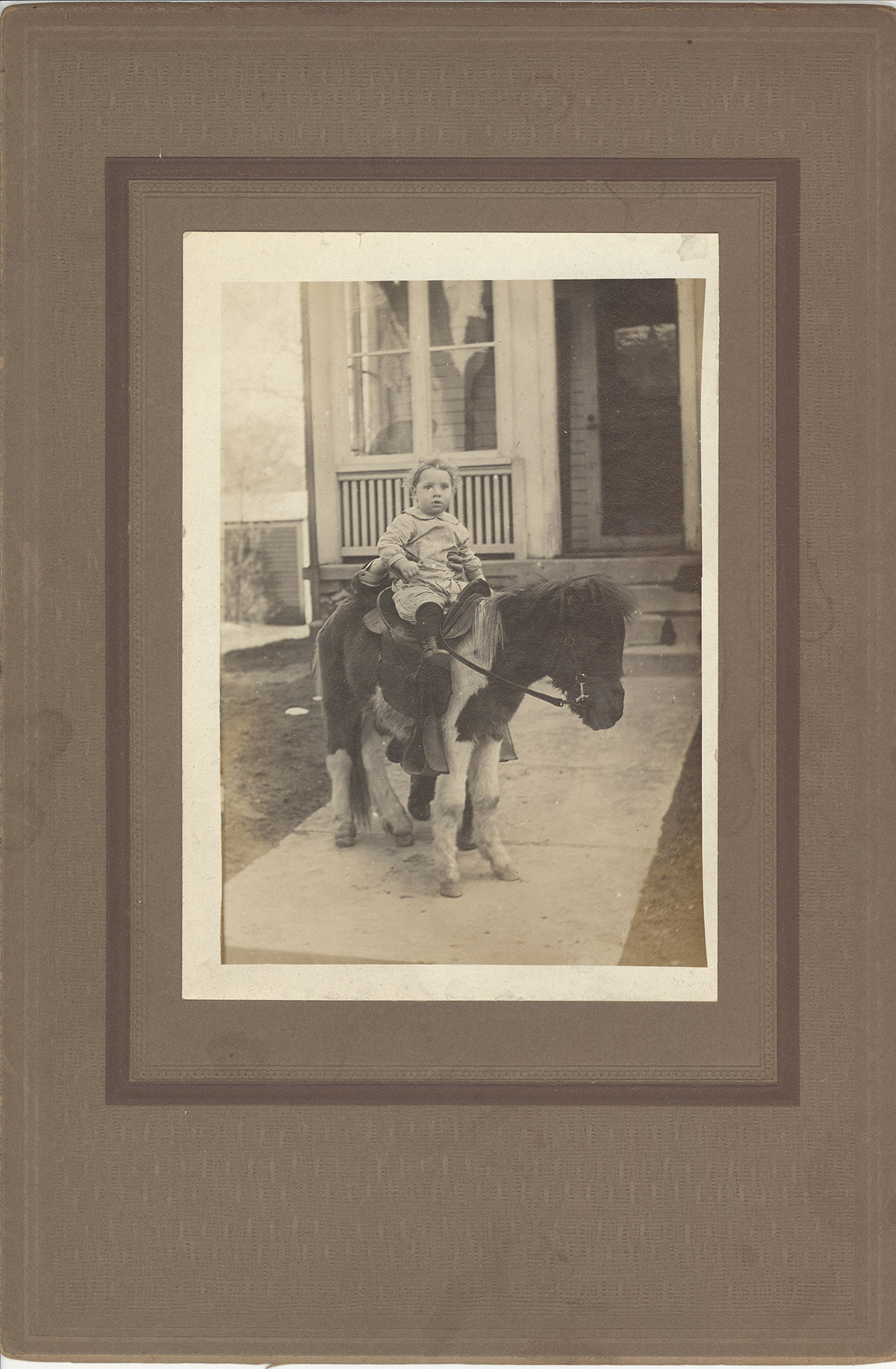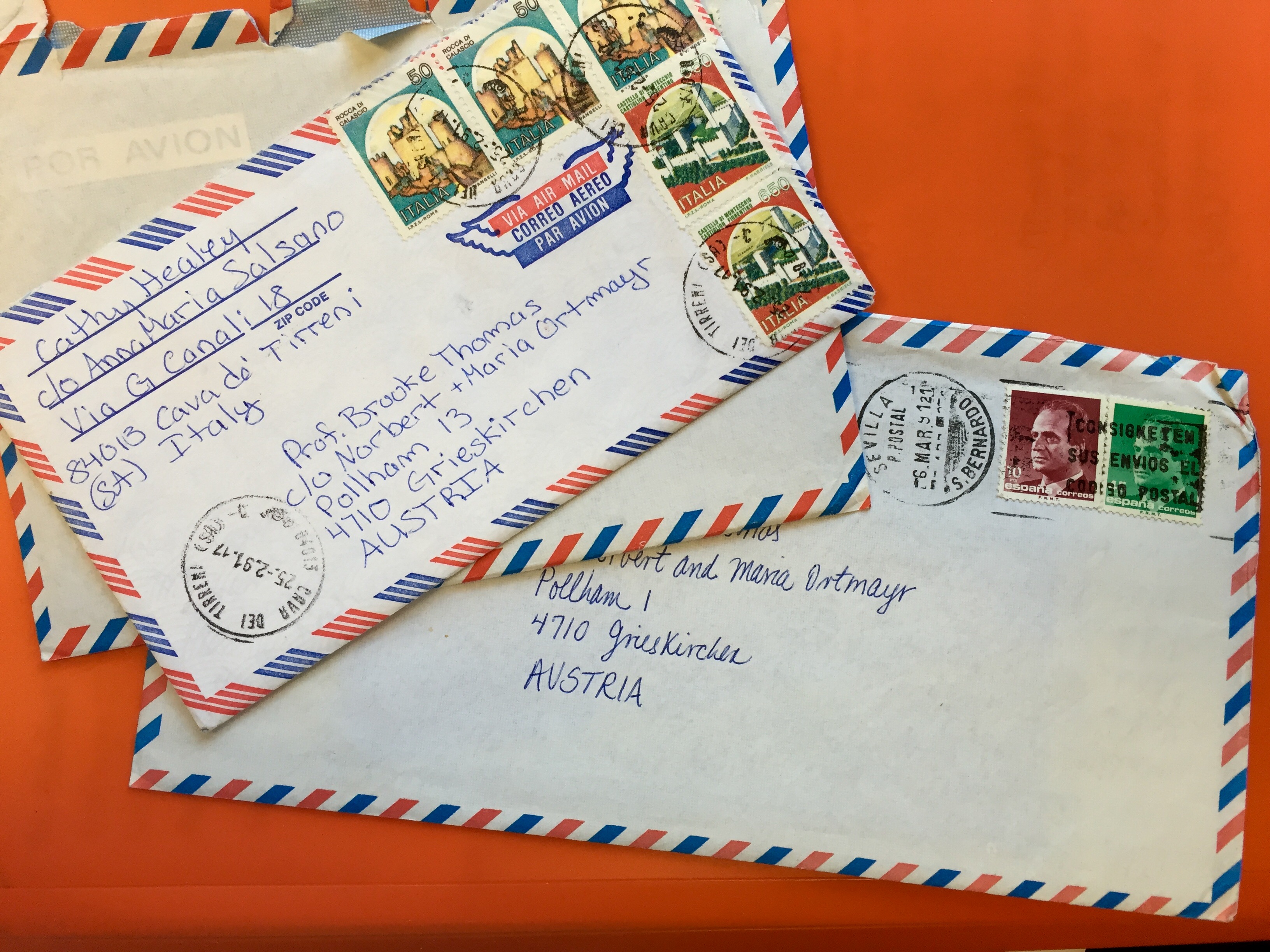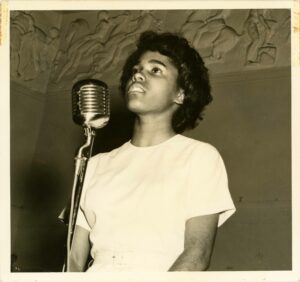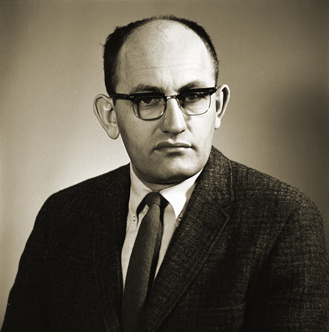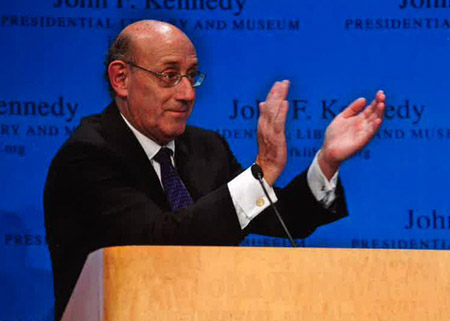Elysian Spring Collection
Formed by UMass Amherst students in the late 1960s, Elysian Spring proved to be a popular jazz band during their time on campus. The band’s name and member lineup changed over time, but by the time they recorded their first–and only–record in 1969, the band consisted of Rainer Bertrams, Jimmy Bridges, Lenny Ezbicki, Bruce Krasin, and Jerry Mirliani. The group was focused on improvisational, modal jazz compositions reflecting the beauty found in nature, with the band name itself referencing the Elysian Fields of Greek mythology. Elysian Spring played several venues on and off campus and were the highlight of the University Jazz Workshop concerts. The band released Glass Flowers in 1969, which features back cover notes written by Andy Haigh, Music Librarian at UMass at the time. After the album came out, and after graduations and moves, the band went their separate ways. However, their album became a cult favorite, being sought after by collectors and prompting a reissue of Glass Flowers that was released in 2018.
The Elysian Spring Collection includes the 2018 reissue of their 1969 album, Glass Flowers, color photographs, contact sheets, negatives, and a poster from a 1969 concert. There are also typed interviews with Bruce Krasin and Rainer Bertrams, and a DVD with a brief interview with Lenny Ezbicki and Bruce Krasin on the occasion of the 50th anniversary of the release of their album.


